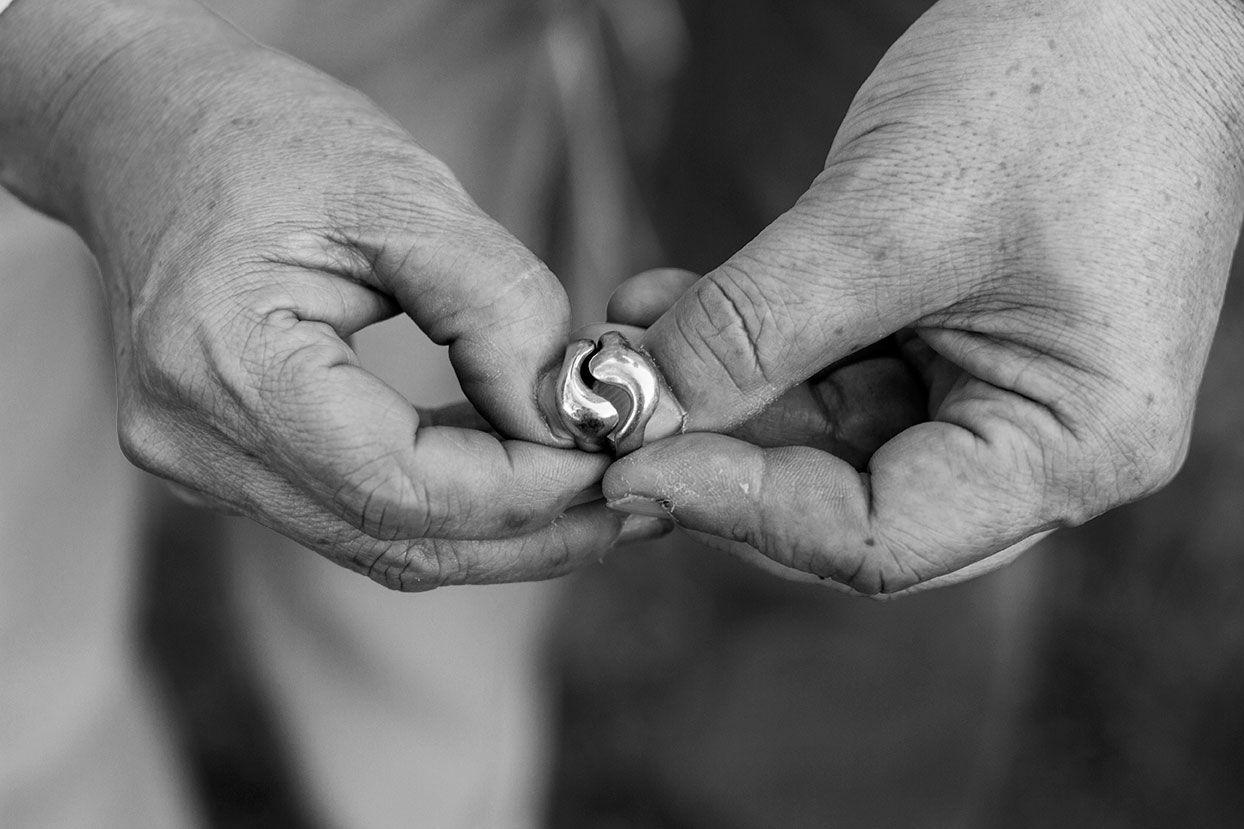About a month ago I lit a bunch of stuff on fire and then grabbed some popcorn and set up a lawn chair to watch what would happen. The next day, even as the embers were still glowing a little, I took some time to explain myself. I’m going to do that again, I think, after last week’s post, which lit a different pile of things on fire.
Login to read more
Sign in or create a free account to access Subscriber-only content.
Topics:
